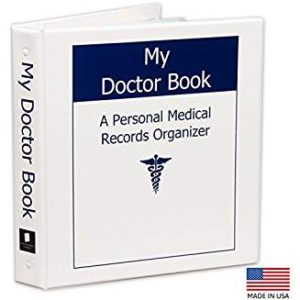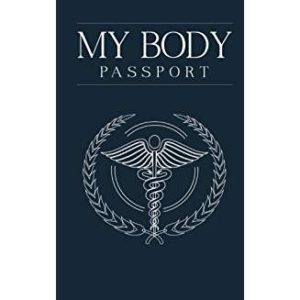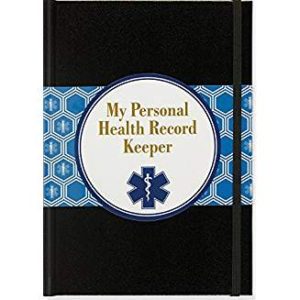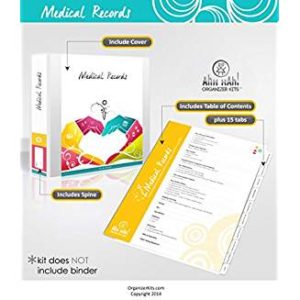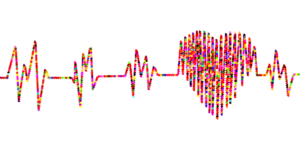 I just spent a week with my 88-year old mother who lives 500 miles away. My siblings and I are very fortunate that Mom is in good health, mentally sharp, exercises regularly, and is able to do just about anything she wants.
I just spent a week with my 88-year old mother who lives 500 miles away. My siblings and I are very fortunate that Mom is in good health, mentally sharp, exercises regularly, and is able to do just about anything she wants.
Over the course of the visit, my sister and I took Mom to eight appointments varying from annual checkups to dental appointments, including a tooth extraction. My very, very organized sister manages all the documentation involved in my mother’s health and keeps everything in a 2”, well-tabbed binder. The answer to any question asked by any provider (“When was your last flu shot?” “What are your cholesterol levels?” “What medications do you take?”) could be found in that binder.
That got me to thinking:
- How does everyone else keep track of their medical information? I know I don’t have the equivalent of that binder. Should I?
- How detailed does the binder need to be?
- What other options are there?
Here’s how my sister’s binder is laid out:
- Outside Front: Complete list of providers (by specialty), addresses, and phone numbers
- Inside, First Page:
- Detail of schedule and last appointments (by specialty). For example, “Dental check-up: twice annually, last check-up 10/20/2017.”
- Surgery and incident report. For example, “Age 12: a broken left forearm;” “Age 22: natural childbirth.”
- Inside, Second Page: Authorization to release information.
- Tabs:
- Vaccinations
- Brain: Any neurology-related information including appointments, MRIs, CTs, care plan, etc.
- Heart: Any heart-related information including appointments, EKGs, ultrasounds, stress tests, care plan, etc.
- Bones: bone density scan, DEXA scan, etc.
- Lab tests: If possible, create a multi-year spreadsheet to track the change in important categories such as cholesterol, D3, B12, etc.
- Dental: Any dental-related information including appointments, dental surgeries, care plan, etc.
- Vision: Any vision-related information including appointments, refractions, current prescription, care plan, etc.
- Miscellaneous: General practitioner appointments, care plan, any incidents that need to be documented like falls or other incidents, comments made in passing that may be relevant (for example “I’ve not had much appetite lately,” or “I feel a little weak.” Note date and time of comment).
This system has worked well for our family. It may work well for you also.
However, if you wanted to purchase a pre-packaged version, there are several options available. Pre-packaged systems may be as simple as a journal, or a bit more detailed, varying from journals to binder tabs to full systems including business card holders, CD holders, etc.
http://www.mydoctorbook.com/index.php
My Personal Health Record Keeper
Ahh Hah Medical Records Organizer
Note: The information provided does not imply endorsement of these products.
No matter what system you choose to use for your personal medical record-keeping or the record-keeping of someone you love, the key is to create an easy-to-use, accessible method to capture critical information about our health and well-being.
Cindy Jobs
